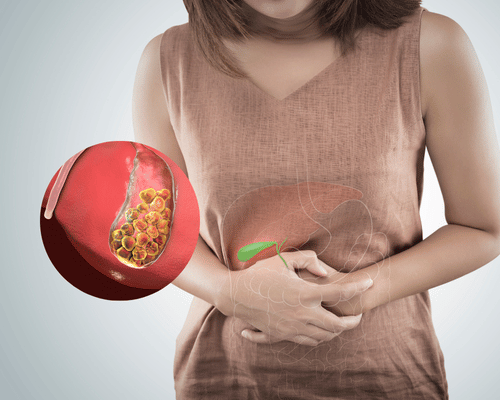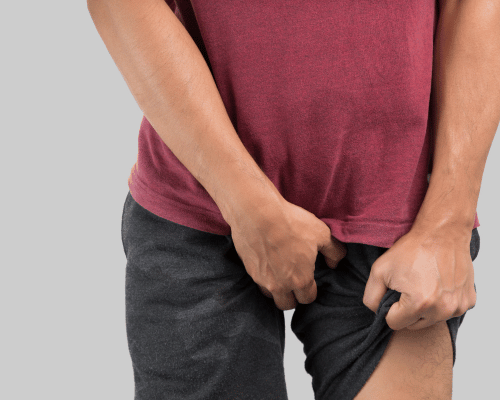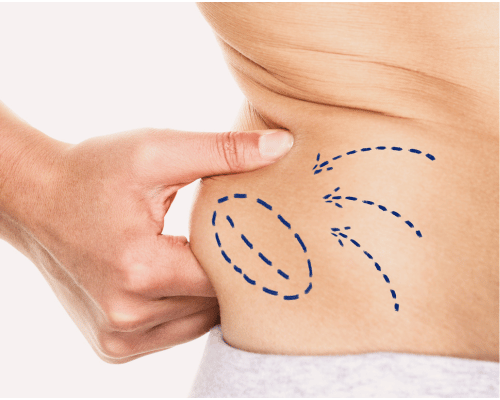Hernia
Best Hernia Treatment In Mysore
Hernia is a prevalent medical condition affecting millions of people worldwide. It occurs when an organ or tissue pushes through a weak spot in the muscle or connective tissue, often resulting in discomfort and other health issues. In Mysore, individuals in need of effective and reliable hernia treatment have access to advanced medical care provided by experienced professionals.
One such expert is Dr. Varun Kumar J, a leading laparoscopic surgeon in Mysore. He specializes in hernia treatment, offering patients minimally invasive surgical options that ensure quick recovery and long-lasting relief. This blog will delve into the various aspects of hernias, including their definition, types, causes, symptoms, and treatment options, while also highlighting why Dr. Varun Kumar J. is the top choice for hernia treatment in Mysore.
Request A Call Back!!

What is Hernia
An organ or tissue that pushes through a weak area in the surrounding muscle or connective tissue results in a hernia. This condition can develop in various parts of the body, but it most commonly affects the abdominal region.
Hernias can also occur in the upper thigh, groin, and belly button areas. If left untreated, a hernia can led to severe complications, including strangulation of the protruding tissue, which can cut off its blood supply and necessitate emergency surgery. Understanding the nature of hernias and recognizing their symptoms early on is crucial for timely and effective treatment.
Symptoms
Hernia symptoms can vary depending on the type and severity, but common signs to watch for include:
- Visible Bulge: A noticeable lump or bulge in the affected area, often more apparent when standing, straining, or coughing. This is a hallmark symptom of hernias and is usually the first sign that prompts individuals to seek medical attention.
- Pain or Discomfort: Pain, discomfort, or a heavy sensation at the site of the hernia, especially when bending, lifting, or coughing. The pain can range from mild to severe and may worsen over time.
- Swelling: Swelling in the affected area, which may come and go. The swelling can be more pronounced after physical activity or prolonged standing.
- Burning or Aching Sensation: A burning or aching feeling at the site of the hernia. This sensation can be constant or intermittent, depending on the severity of the hernia.
- Digestive Issues: In cases of hiatal hernia, symptoms may include heartburn, acid reflux, and difficulty swallowing. These symptoms are often mistaken for other digestive disorders, making accurate diagnosis crucial.
Do You have any Piles Symptoms?
Causes
Hernias can develop due to a variety of factors, some of which are preventable while others are not. The most common causes include:
- Genetic Predisposition: A family history of hernias can increase the likelihood of developing one. Genetic factors may lead to inherent weaknesses in the connective tissue or muscles.
- Age: The risk of hernias increases with age as muscles and tissues naturally weaken over time.
- Chronic Coughing: Persistent coughing, often due to smoking or chronic respiratory conditions, can strain the abdominal muscles, leading to hernias.
- Heavy Lifting: Frequently lifting heavy objects without proper technique can cause excessive strain on the abdominal muscles, increasing the risk of hernias.
- Obesity: Excess body weight puts additional pressure on the abdominal muscles, making them more susceptible to developing hernias.
- Pregnancy: The increased pressure on the abdomen during pregnancy can weaken the abdominal wall, contributing to the formation of hernias.
Treatment Options for Hernia
The treatment for hernia depends on its type, size, and severity. Common treatment options include:
- In cases where the hernia is small and asymptomatic, doctors may recommend monitoring it for any changes. Regular check-ups can help ensure that the hernia does not worsen over time.
Making lifestyle adjustments such as losing weight, avoiding heavy lifting, and treating chronic cough can help manage hernia symptoms. These changes can also help prevent the recurrence of hernias after treatment.
A supportive undergarment that helps keep the hernia in place, providing temporary relief. This is not a permanent solution but can help manage symptoms until surgery is performed.
- Open Surgery: Traditional surgery involving a larger incision to repair the hernia. This method is often used for larger or more complicated hernias.
- Laparoscopic Surgery: Minimally invasive surgery performed through small incisions using a laparoscope. This technique offers quicker recovery, less post-operative pain, and minimal scarring. It is often preferred for its benefits in patient recovery and outcomes.
Are You Looking for a Laparoscopic Surgeon for Hernia in Mysore?
If you are seeking Best hernia treatment in Mysore, Dr. Varun Kumar J. is the go-to specialist. With extensive experience and a commitment to providing the highest quality care, Dr. Varun Kumar J. utilizes advanced laparoscopic techniques to ensure successful outcomes for his patients. His expertise in minimally invasive surgery allows for reduced recovery times, minimal scarring, and less post-operative discomfort, making him the preferred choice for hernia treatment in Mysore.
Dr. Varun Kumar J. has a proven track record of successful hernia repairs and is known for his patient-centered approach. He ensures that each patient receives personalized care tailored to their specific needs. Whether you are dealing with an inguinal, femoral, umbilical, hiatal, or incisional hernia, Dr. Varun Kumar J. can provide the best treatment options available.
Conclusion
Hernia is a common condition that can significantly impact one’s quality of life if not treated promptly. Understanding the types, causes, symptoms, and treatment options for hernias is essential for making informed decisions about your health. For those in Mysore, Dr. Varun Kumar J. offers exceptional care and advanced laparoscopic techniques to ensure effective hernia treatment. If you are experiencing symptoms of a hernia, do not hesitate to seek professional medical advice and consider Dr. Varun Kumar J. for your treatment needs. With the right approach and expert care, you can achieve a swift recovery and return to your daily activities with ease.

FAQs
Some discomfort is normal after surgery, but pain can be managed with medication. Pain following surgery can be decreased with minimally invasive methods.
The surgery itself typically takes 1-2 hours, but recovery times vary depending on the type of hernia and the individual’s health.
Laparoscopic surgery uses small incisions and a camera to repair the hernia, often resulting in less pain and faster recovery compared to traditional open surgery.
While rare, hernias can sometimes recur after surgery. Following post-operative instructions and avoiding strain can help reduce this risk.
Yes, complications such as incarceration (where the hernia becomes trapped) or strangulation (where blood supply to the herniated tissue is cut off) can occur and require emergency surgery.





